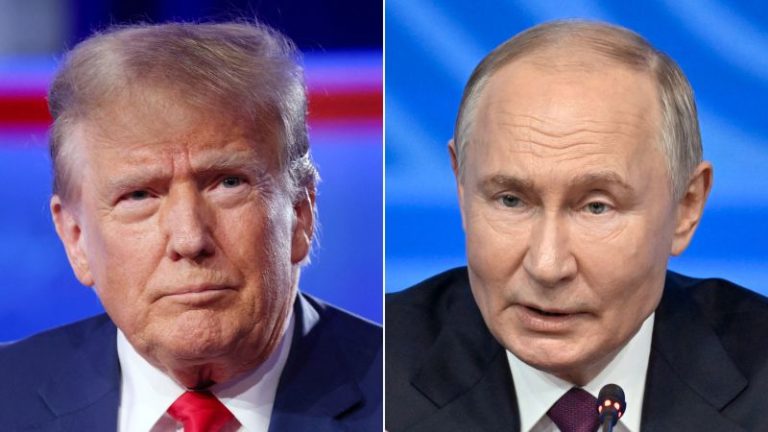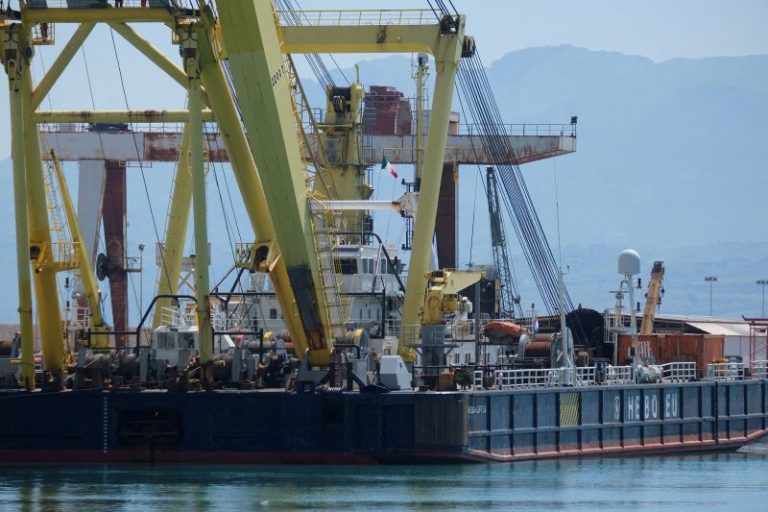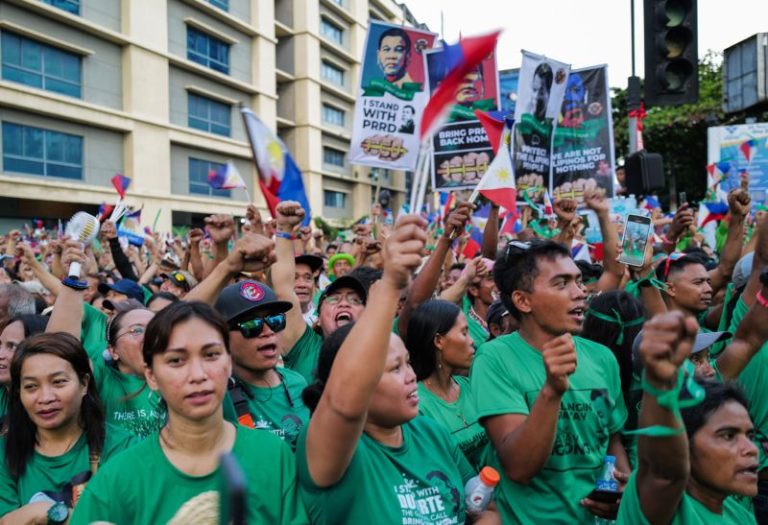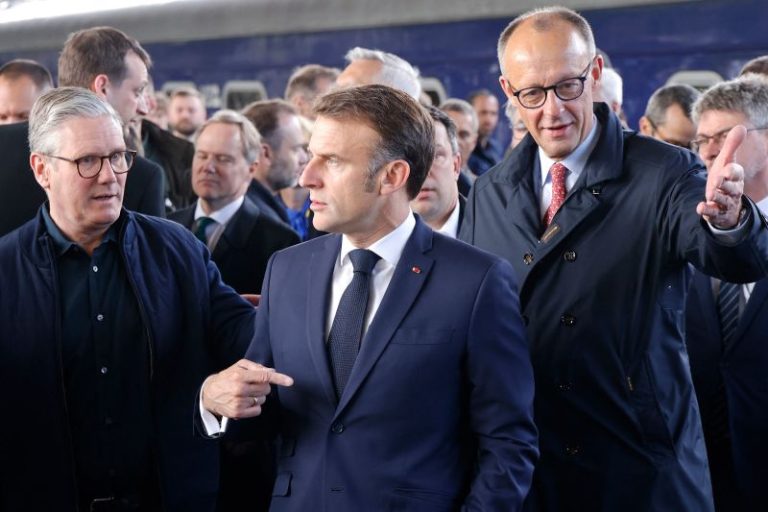Ukraine’s Western allies including the US are threatening to slap Russia with more sanctions if Moscow fails to sign up to the 30-day truce in Ukraine proposed by the United States.
US President Donald Trump on Thursday added the threat of additional sanctions from the US and “its partners” to his latest call for an “unconditional ceasefire” between Russia and Ukraine that Moscow has repeatedly rejected. A key meeting of leaders of Ukraine’s European allies is expected in Kyiv on Saturday in a further sign of growing pressure on Russia.
Trump has made ending the war in Ukraine one of his priorities and he has invested much effort into trying to get Russian President Vladimir Putin on board. Trump’s special envoy Steve Witkoff went to Russia four times to meet with Putin and there have been several other high-level meetings between US and Russian officials since Trump returned to the White House in January.
But despite offering some previously unthinkable concessions to Russia, the Trump administration has not been able to get Russia to agree to the limited ceasefire proposal, intended as opening a path towards a permanent truce.
Now it seems that Trump is rapidly losing his patience with Putin over this stalling. And the latest move by Trump marks another shift in US stance on the conflict, which had at times been sympathetic to Kremlin.
Just days ago, the US Secretary of State Marco Rubio threatened the US would walk away from the talks if there is no progress. Instead, the US is now leading Ukraine’s other Western allies in trying to put more pressure on Russia.
European leaders back Trump’s proposal
Ukraine’s President Volodymyr Zelensky hinted on Friday that an announcement outlining details of the ceasefire proposal is expected as early as on Saturday.
He said that leaders of the so-called “Coalition of the Willing” – a group of Western nations that have pledged to help defend Ukraine against Russia – will meet in Kyiv on Saturday, without giving any details of who would be attending the summit.
Trump spoke to Zelensky and a number of European leaders about the ceasefire proposal and sanctions on Thursday.
The French President Emmanuel Macron said he spoke with Trump “several times” on Thursday, “commending his strong call for an unconditional 30-day ceasefire.”
“We must all work towards this goal without delay, false pretenses, or dilatory tactics. Ukraine has already expressed its support for such a ceasefire nearly two months ago. I now expect Russia to do the same,” Macron said on X.
Macron added that if Russia fails to accept the proposal, France was “ready to respond firmly, together with all Europeans and in close coordination with the United States.”
Speaking on Friday alongside the Polish Prime Minister Donald Tusk, Macron confirmed there would be “a meeting, partly virtual and partly in-person” in Kyiv on Saturday.
Trump also spoke to the leaders of 10 countries northern European countries that form the security alliance known as the Joint Expeditionary Force (JEF) on Thursday. The leaders of the United Kingdom, Denmark, Estonia, Latvia, Lithuania, Netherlands, Norway, Sweden and Finland called both Trump and Zelensky during their dinner at a summit in Oslo, according to statements from the governments of several of the countries represented at the meeting.
“Our message to both presidents was that we are committed to a just and lasting peace in Ukraine. We also conveyed our full support for the proposal for a 30 days ceasefire and continued European and US commitment to the peace process,” Sweden’s Prime Minister Ulf Kristersson said in a statement on X.
On Friday, just as Putin hosted number of Kremlin-friendly world leaders, including the Chinese leader Xi Jinping, at a pompous military parade in Moscow, Ukraine’s European allies showed their support for Kyiv by sending top level delegations to a meeting in Ukraine.
Dozens of foreign delegations were in the western Ukrainian city of Lviv on Friday to endorse the ceasefire proposal and the establishment of a special tribunal to investigate crimes of aggression against Ukraine.
The EU’s foreign policy chief Kaja Kallas, UK Foreign Secretary David Lammy, Germany’s new Foreign Minister Johann Wadephul, the French Foreign Minister Jean-Noël Barrot and dozens of top diplomats from other European countries were among those attending.




